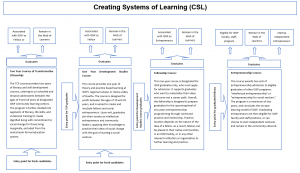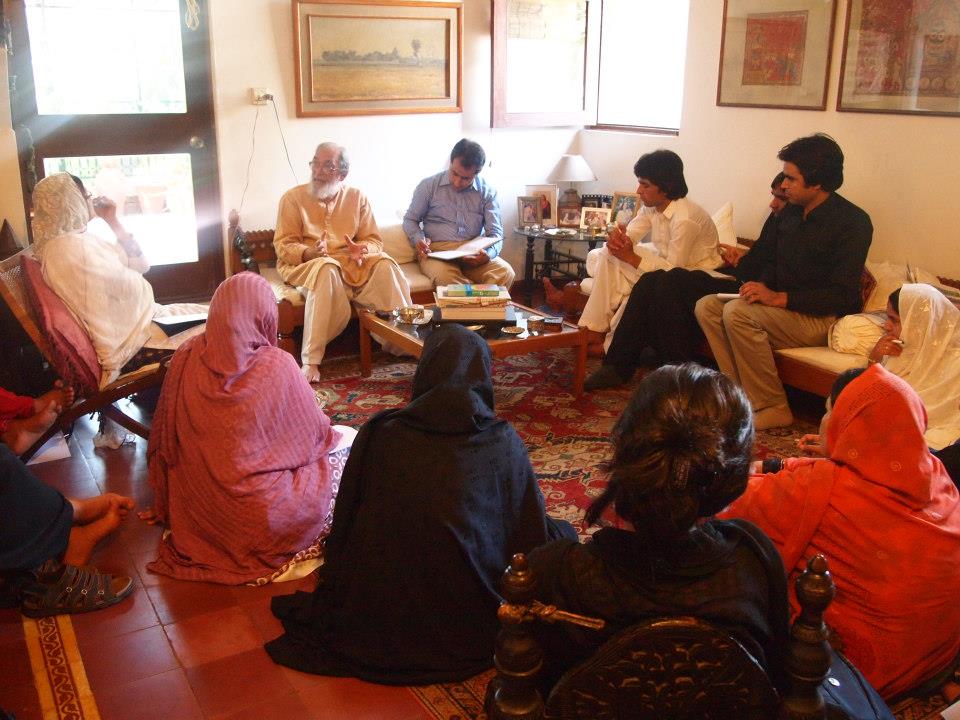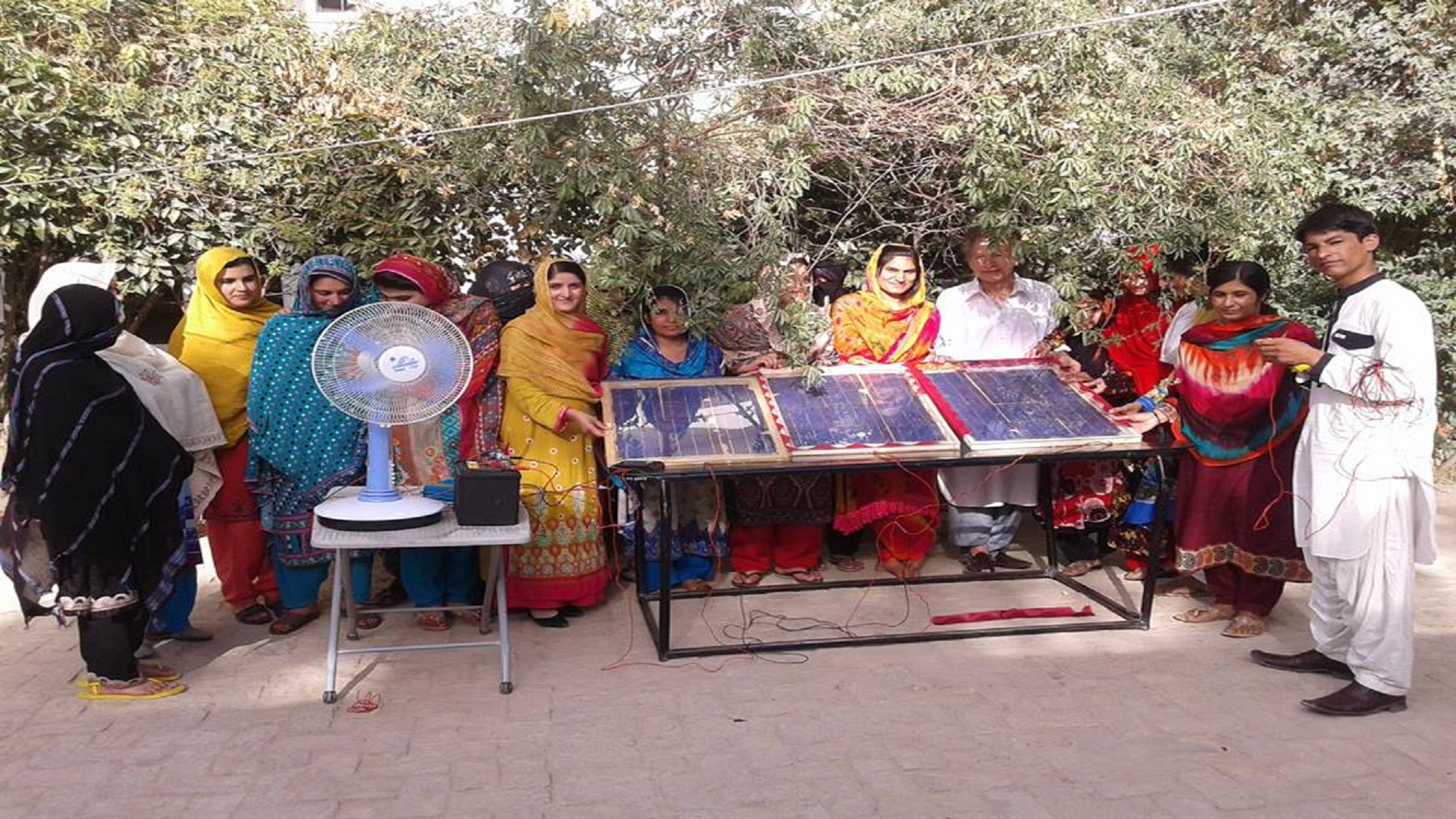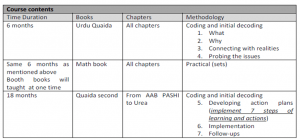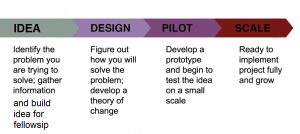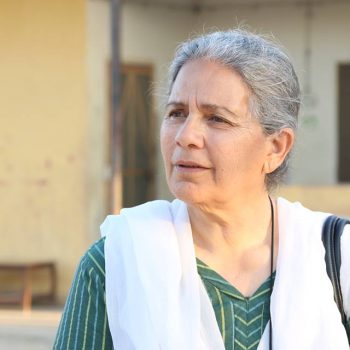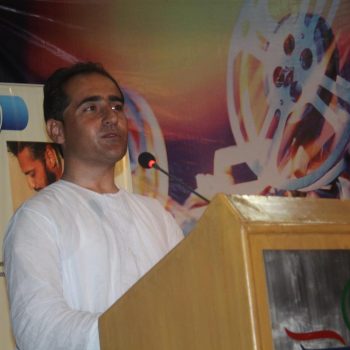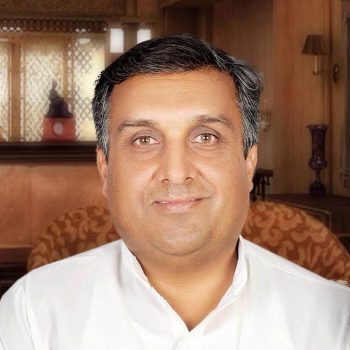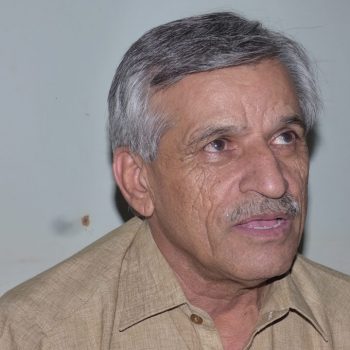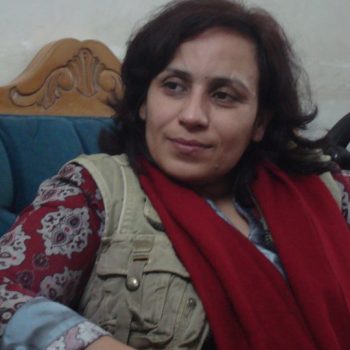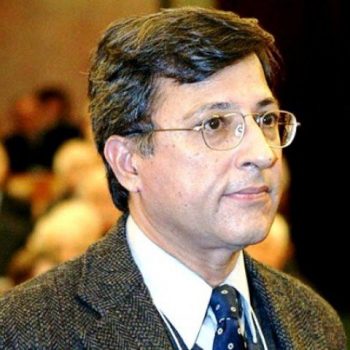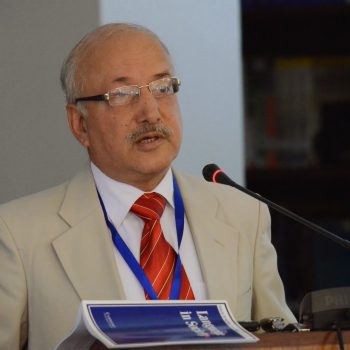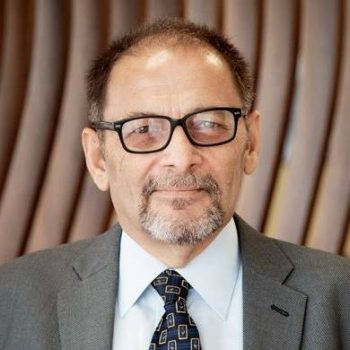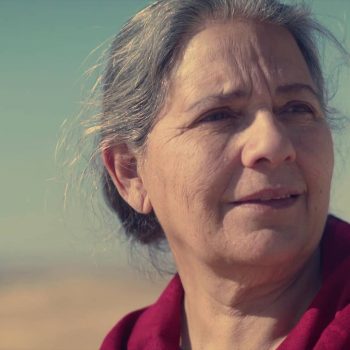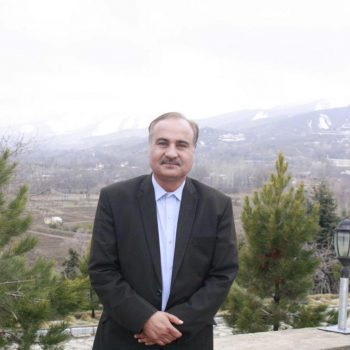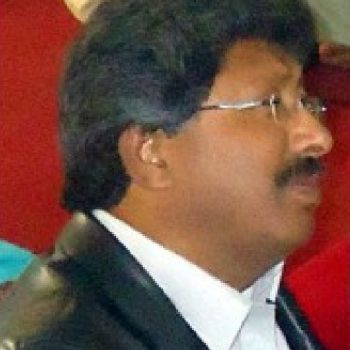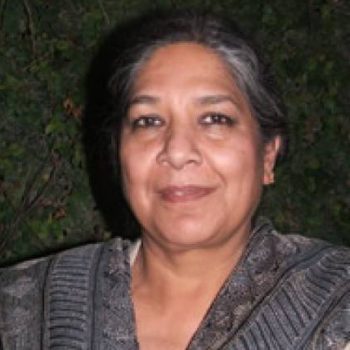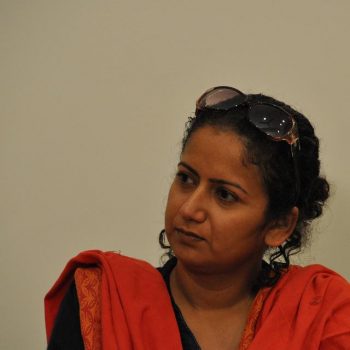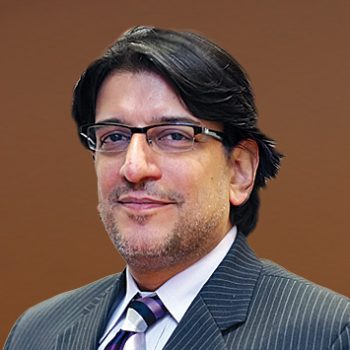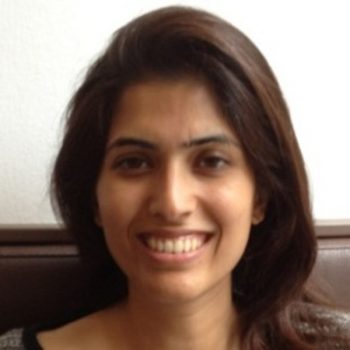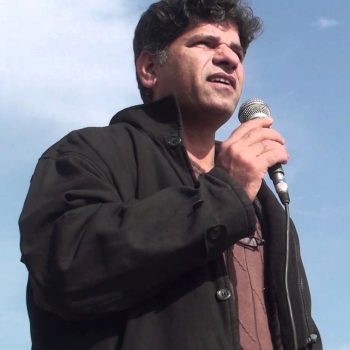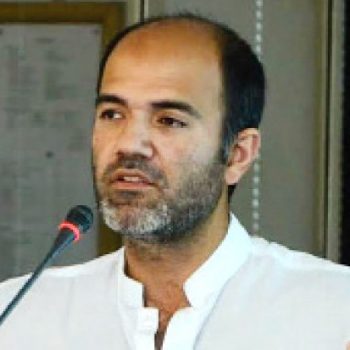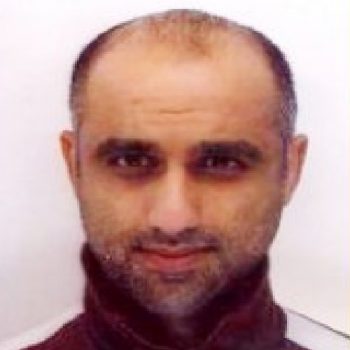In 1998, IDSP has introduced its human resource development courses in order to respond to the pressing needs of remedial initiatives for demystifying existing unjust and exploitative power structures through producing intellectual and practice-oriented potential human resource equipped with knowledge and skills of leadership, development, society, community, politics and economy. The idea of IDSP was originally propped up to create a people-centered open learning space to provide opportunities of learning and practice to deprived, marginalized and excluded youth and people to advocate their cause by building up their capacities in social and development fields. The Theory and practice based courses are knitted into a conceptual framework that starts from study and practice self, family, community and expands to the world at large
Internal and external self-assessments and evaluation studies resulted in the comprehensive learning model called Creating Systems of Learning (CSL) Model that revealed and proved that IDSP work was much wider in scope and it had the potential to become a University of Non-formal Education for Community Development keeping in view its interventions in the communities through learners’ ideas of change.
IDSP is committed to conviction that it is an open learning space of intellectual learning and activism for excluded and marginalized people and communities across the country and region irrespective of religion, ethnicity, cast and race.
Mission:
To Nurture and Develop Individuals and Communities that will Change the Power Structures by Demystifying Processes of Education and Development and Generate Value based Partnerships and Practices at all Levels”.
Themes—their names
Themes:
As a result of more than a decade experience of learning and practice 7 themes were proposed Academic Council to be finalized for IDSP’s Development Studies Course of one year at national level. Academic Council is an advisory and consultative body comprised of 15 renowned intellectual, academicians and practitioners from all over Pakistan. Followings are themes;
- Self-development and Growth
- Framework/Lens in context of Class and Gender
- Education and Critical Pedagogy
- Political Economy
- History Regions and Resistance
- Media, Representation and Hegemony
- Alternative Models and Sustainable Living
Learning Approaches:
Approaches occupy central position in any endeavors meant to transform a society and usher in inclusive development models to address the challenges through participation of the concerned population and utilizing their wisdom, knowledge, practices and experiences for best possible solutions. What distinguishes IDSP from other conventional organizations and institutions is the learning and practice approaches which are more inclusive in nature and people and community contrary to the mainstream development paradigm where facts and figures and infrastructural development are equaled to holistic development of the society at large.
Coding and Decoding pedagogy:
This is one of the most useful methods which applied in the community based course titled Transformative Citizenship Course. This method is derived from the Freirian model of education, aimed to ensure a problem posing education through codes from the concerned districts. Codes around social, political and economic issues have been put up in the book and the learners decode the codes in step-wise process to understand the context, story, elements, relevance and sort out related issues. This method ensures the learning is practical as the process of decoding entails six steps including 1 what 2. Why 3 Connecting with contextual realities 4. Find the root cause of issues 5. Developing action plan 6. Implementation and Follow up. This method requires the student to explore real issues of their community by physically visiting, know their issues and enable them address those issues besides gaining literacy skills.
Individual Focus: People Centric approach
IDSP’s approach is to focus individuals and people in terms of their capacity building to meet their contextual realities. IDSP from the day first has focused its energies on the individuals who would connect IDSP with their communities for mutual collaboration for sustainable partnerships. Being a community leader Individual plays a bridging role between IDSP and community and engages the whole community in his/her intervention helping to enhance their capacities and ensuring their ownership.
Theory Practice Combination for Intellectual Activism
It offers practice-based study courses aimed at promoting intellectual activism and critical thinking and generate academic discourses and practical initiatives for social transformation. Based on the philosophy of radical Educationist Paulo Freire “Intelligence without action is a mere verbalism and action without reflection is pure activism “, IDSP creates human resources that are intellectually enlightened and practice oriented. For intellectual insight the learners have to undergo theory and for activism the learners have to come up the idea of practice aimed to bring a positive change. Practice is essential part of theory and without practice no theory is workable and effective.
Facilitation not dictation:
Like others IDSP has taken over the legacy of facilitation not dictation. During the courses and practice learners are guided, facilitated and they have to play central role in learning and practice. The IDSP never impose its diction on learners and rather it presents to them many perspective with plus and minus and it is up to the learners what they opt to do. Every learners has to come with his or her own idea, however, the faculty does provide technical support in develop strategic and implementation plans. Learning sessions too are conducted through facilitation method in which the faculty and resource merely play the role of facilitators. Learners remain the center of the learning and they are asked to do research based study as well as research based action.
Fellowship Concepts:
Fellowships are aimed to further engage those learners who have potential idea of social change. The fellows are supported in the realization of their ideas in which they not only upkeep their learning but also engages their communities through interventions to resolve a fundamental issues. The fellows are required to independently carry out their ideas so that they could polish their leadership skills, learn community mobilizations and organizations, enhance management skills, know financial matters, improve coordination skills and build up partnerships. Fellows enjoy the freedom of independent work and feel dignified in execution of their ideas.
IDSP’s University of Community Development campus, a model of, “Eco-friendly sustainable living”
The IDSP University campus is a model of Eco-friendly demonstration of sustainable living. Constructed entirely of mud by the skilled people of local communities, the campus building is a classic example of combining the indigenous wisdom with modern techniques of alternative energy generation and organic farming to meet the campus electricity needs by using wind and solar energy while, gas is formed by bio-gas units using animal dung. The organic manure received from bio-gas units is further utilized for organic farming as fertilizer. It is important to state that the mud used in the construction of campus was donated by the local community. The organic farming on the IDSP University campus of flowers, grapes and other fruits and vegetables is aimed at encouraging Eco-friendly practices along with facilitating a reconnection of the University learners with the soil and equipping them with skills, and knowledge of farming. The reconnection with the land and practice of farming is aimed to bridge the disconnect created by modern education system by creating class of educated people who despise working with their hands on their farms and fields of their heritage.
The campus construction is a living example of cosmic reality that comes together in the process of mud construction. The construction of mud buildings involves four basic elements that are also the main ingredients of Universe namely air, water, heat and earth. The IDSP’s University campus building is a learning model and the seventh major theme of IDSP’s University titled, “Eco-friendly sustainable living with learning”. The campus is an extraordinary dynamic space of learning, the mud structures does not require the cooling and heating systems as may be needed in cement and concrete buildings. The primary purpose of establishing the mud construction model is to demonstrate it as a sustainable Alternative model of scientific engineering that has not been recognized by the mainstream faculty/science of engineering. The campus is a critical response to challenge the monopoly of concrete, cement and iron industry and science of engineering, that doesn’t recognize the indigenous architecture. This they do without conducting any research, study, and analysis of the same.
IDSP’s University campus is also aimed to acknowledge copy, recognize and respect the local architect and life styles and wisdom. University of community Development didn’t want to introduce big, heavy and expensive to maintain building and architecture structures that are alien to the way of life and reality of the communities and people of Baluchistan. Thus IDSP’s University campus is also an invitation to reopen the discourse of a paradigm shift to easy, eco-friendly, cheap and sustainable ways of life and living.
IDSP’S Model of Learning:
IDSP’s focus on quality teaching and learning supports universal access to mainstream education and livelihood opportunities for the country’s most vulnerable youth and unemployed in Pakistan, with the goal of empowering youth to ultimately respond to the challenges of education, livelihood, peace, and pluralism in Pakistan.
As a result, IDSP has created four direct service programs with distinct categories to help develop a cadre of development thinkers, planners, and practitioners at the grassroots level, who will launch organizations and enterprises, or pursue careers in government and civil society. Programs provide “learning spaces” that offer courses providing practical training in basic education, literacy, human rights education, and community organizing.
